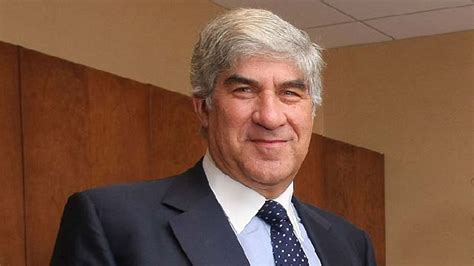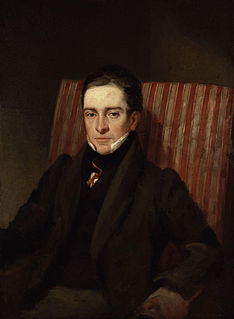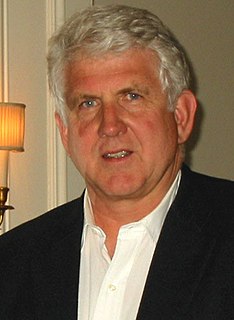A Quote by Joseph A. Schumpeter
Innovation is the market introduction of a technical or organisational novelty, not just its invention.
Quote Topics
Related Quotes
Whenever I enter a position, I have a predetermined stop. That is the only way I can sleep. I know where I'm getting out before I get in. The position size on a trade is determined by the stop, and the stop is determined on a technical basis... I never think about [stop vulnerability], because the point about a technical barrier - and I've studied the technical aspects of the market for a long time - is that the market shouldn't go there if you are right.
Intellectual-property rules are clearly necessary to spur innovation: if every invention could be stolen, or every new drug immediately copied, few people would invest in innovation. But too much protection can strangle competition and can limit what economists call 'incremental innovation' - innovations that build, in some way, on others.
It may be that the invention of the aeroplane flying-machine will be deemed to have been of less material value to the world than the discovery of Bessemer and open-hearth steel, or the perfection of the telegraph, or the introduction of new and more scientific methods in the management of our great industrial works. To us, however, the conquest of the air, to use a hackneyed phrase, is a technical triumph so dramatic and so amazing that it overshadows in importance every feat that the inventor has accomplished.




































